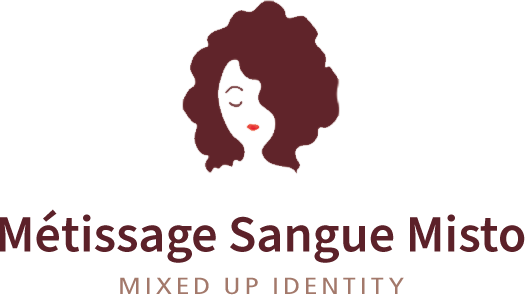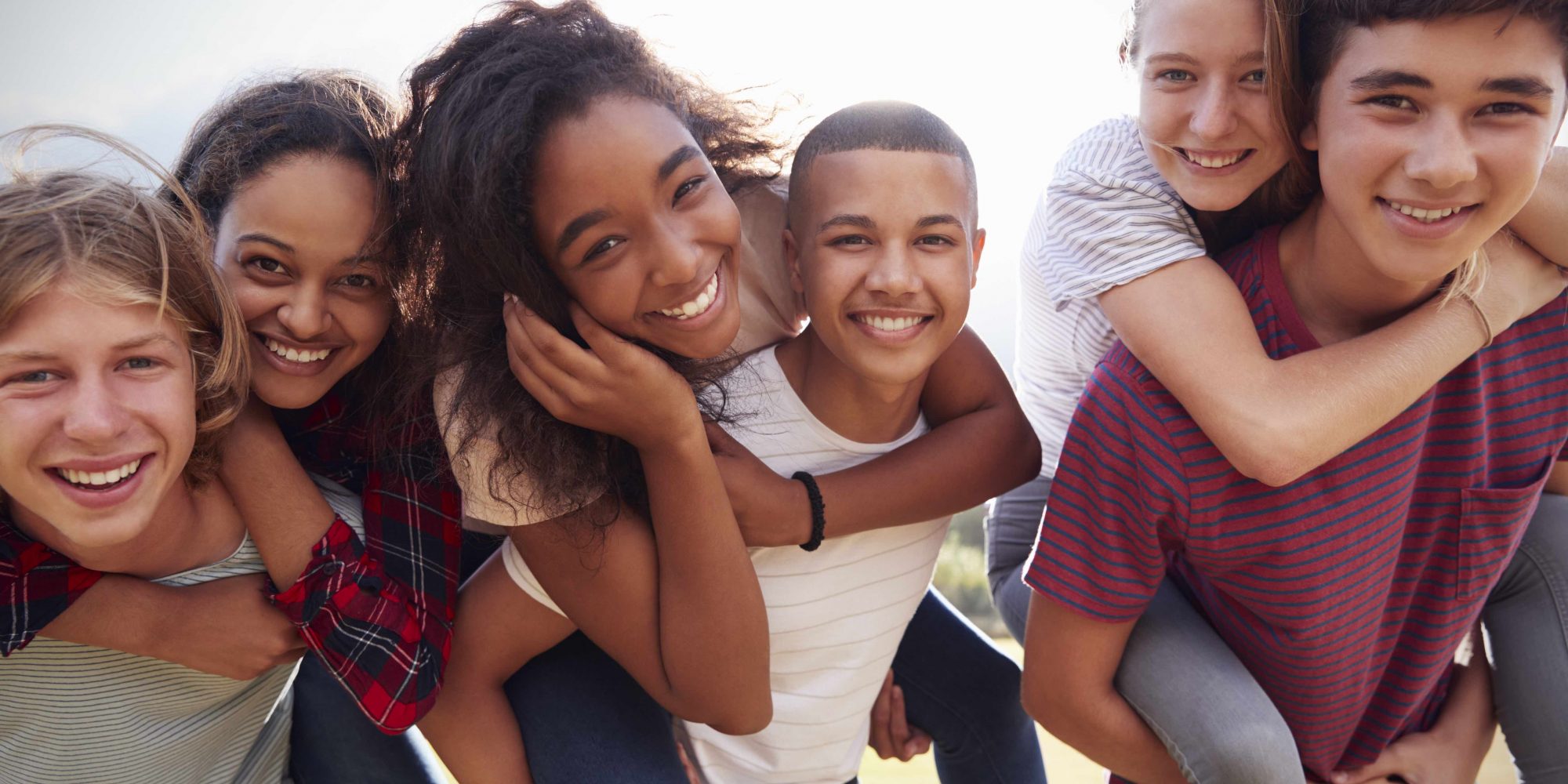I just went trough the beautiful story of Emily Parada, who is currently earning her Master’s Degree in Communications specializing in public interest through the University of Florida. As a biracial adoptee, she’s always been extremely passionate about diversity and inclusion initiatives that promote connection and understanding, and sees these as crucial tenets towards a more unified future. As a married mom of three, Emily consistently works to teach her children the value of respect, not only for others, but especially for themselves. She loves sci-fi everything, stand-up comedy, and roller-blading in the sun. Emily plans to continue writing in support of diversity and inclusion and sharing her personal experiences with growth, understanding, and acceptance.
Here is her full story.
I am adopted and was raised in a small town by my adoptive family. My amazing, enduring, supportive and loving family, worked hard to provide me with the necessary social and emotional tools required to build a really good life. My mom still tells me to this day, “My goal as a mother was to make sure you always knew how much you were loved by a family who will always be there for you.” If you were lucky enough to have a mom like mine, then you will understand how I felt this level of unwavering love and stability in every bone in my body. Even though my adoptee-brain makes it difficult for me to process why someone would choose to love me, the continued reassurance, backed by constant action, gave me extra bursts of strength when I needed them most. Because of this framework, I grew, and I learned, and I began to find my way in this world. My life felt normal, I felt normal, even being adopted was something that felt pretty normal. As I grew older, the security, peace and acceptance I felt, and that was curated especially for me, began to be chipped away, piece by piece by piece, by a world that didn’t love me, care about me, or understand the weight that their projections buried me under. I began to realize that the way I was raised stirred up a lot of turmoil inside of people who couldn’t stomach the idea of a biracial person (I didn’t, at the time, even know this is what I was) living what they deemed to be a “white” life.
As I grew older, the security, peace and acceptance I felt, was chipped away, piece by piece, by a world that didn’t love me, care about me, or understand the weight that their projections buried me under.
I’m not sure exactly when or why the questions shifted from my mom to me, but I do know that I rarely had acceptable answers for people who wondered why I looked, acted or sounded the way I did. The more questions I received and the more frequent they became, the more I began to dread being around people who didn’t already know my “situation.” This led to me feeling like the best way to defend myself was to blend in and stay silent. For a huge chunk of my life, I didn’t realize that my silence was actually upholding this oppressive status quo, made me compliant in prejudiced behavior, and, worst of all, was honoring strangers and their feelings over my own. I’ve hated these encounters forever, and still avoid confrontation in my professional and personal life as much as possible because, at the end of the day, I never want to be part of making someone feel less than good. My deep-seated distaste for face-to-face conflict makes me wonder whether I’m this way because of my experience as a biracial person, or if my experiences actually strengthened preexisting fears of conflict.
It’s a classic chicken-and-egg conundrum when it comes to trying to understand my natural tendency to choose flight over fight, and it’s a pointless internal battle. Yet I can’t help but imagine what my life may have looked like had I been a bit braver and just a little more confident in who I was and what I represented. What impact could I have made, back then, had I known that these attacks on me and the skin I was draped in were actually pieces of shrapnel hurled towards me after ricocheting off the ongoing race war I was born into? I wish I knew that defending myself would have meant simultaneously defending countless others who continue to suffer in the same kind of ways; and now I do.
What impact could I have made had I known that these attacks on me and the skin I was draped in were actually pieces of shrapnel hurled towards me after ricocheting off the ongoing race war I was born into?
While we have no power over our past, I try to constantly remind myself that the seemingly winding path we travelled to arrive at our present offers a lot more clarity when we take the time to digest it from the clear perspective of the rearview. My past has presented me with a consistent picture and much deeper understanding of what kind of feelings are often present inside the hearts of so many, and why addressing these specific feelings can open the door to change.
This entire article is meant to express that I have personally experienced verbal attacks that have deeply changed and affected me. I’ve been made to feel like my voice was one that nobody asked for or wanted to hear and that, for some, my very being was unfortunate. This is meant to explain that while I loathe confrontation with every fiber of my being, by choosing to empower yourself with knowledge and a strategy of how to confront situations that are pulling us in the wrong direction of history, it’s possible to do what’s right while also honoring yourself and everyone like you.
I have personally experienced verbal attacks that have deeply changed and affected me. It’s possible to do what’s right while also honoring yourself and everyone like you.
The feelings that weave intolerance together are hatred, distrust and fear. These kinds of feelings fester and solidify when they go unacknowledged for long periods of time, and if we truly hope for social change, then confronting derogatory and stereotypical actions, words and beliefs on-sight is a progressive way to start necessary conversations that address these feelings. When you can talk to someone from a place of intention — intention to determine which emotions have been triggered within them — you can address the actual root of the issues, and begin to dismantle the bias.
This epiphany is what has fueled me and given me the strength to write the words you are reading today. Realizing that my physical state triggers emotions inside of someone else, that are often unrelated to anything I’ve done or said, has released me from the paralyzing fear of confrontation, because I now realize the attack isn’t on me, it’s on what kind of threat I represent inside of someone else.
Realizing that my physical state triggers emotions inside of someone else has released me from the paralyzing fear of confrontation, because the attack isn’t on me, it’s on a threat I represent inside of someone else.
While I realize it’s not my job or anyone else’s responsibility to try and dissect and calmly understand someone who is spewing hate like a broken fire hydrant, I also realize that if we want to leave the world better than it was when we arrived, we must reframe responsibility as opportunity, and empower ourselves to change our world.
SOURCE: Original Story written by Emily Parada for the Gen Z and Y on D&i Inclusion Solution Web Site




